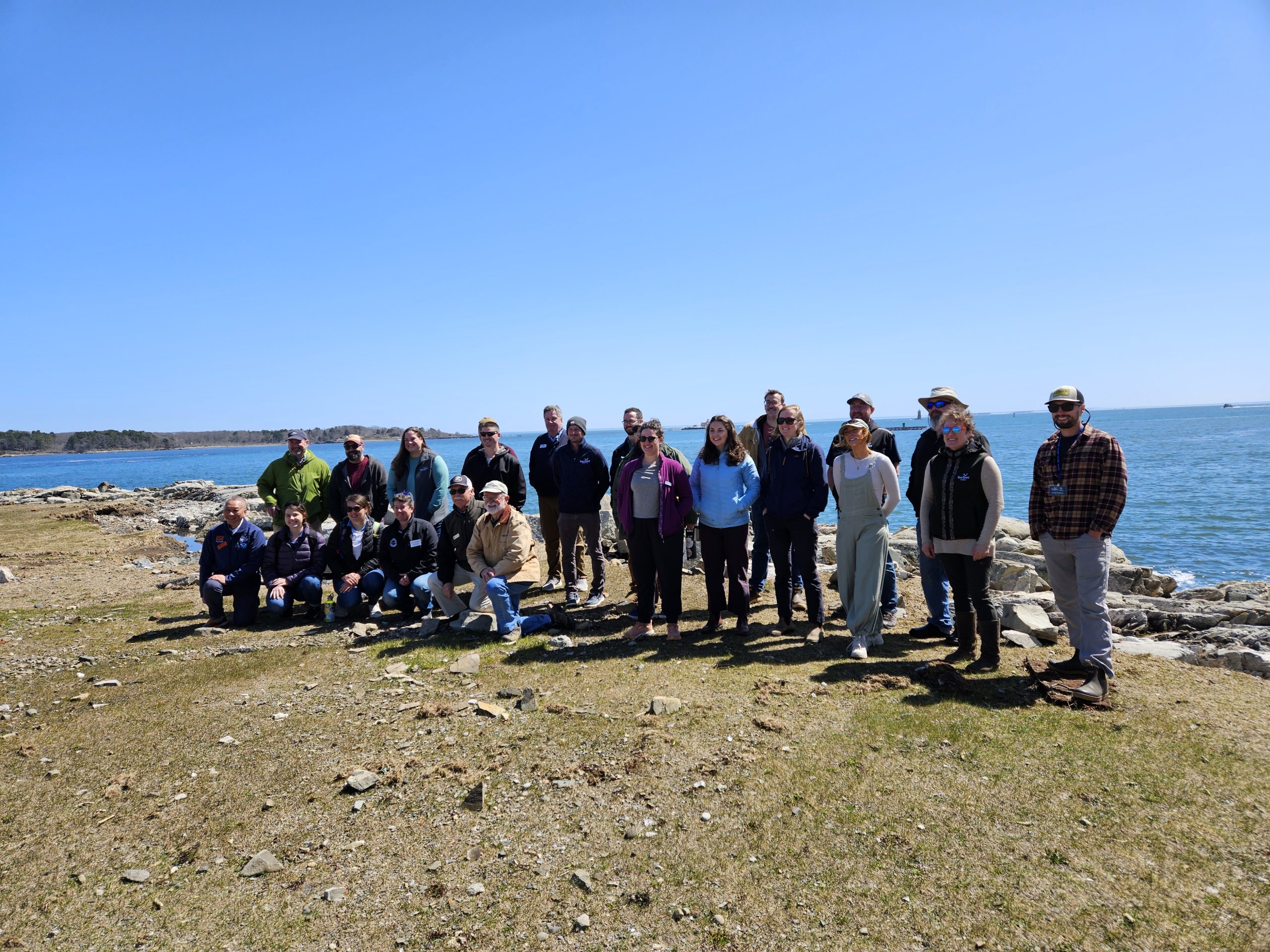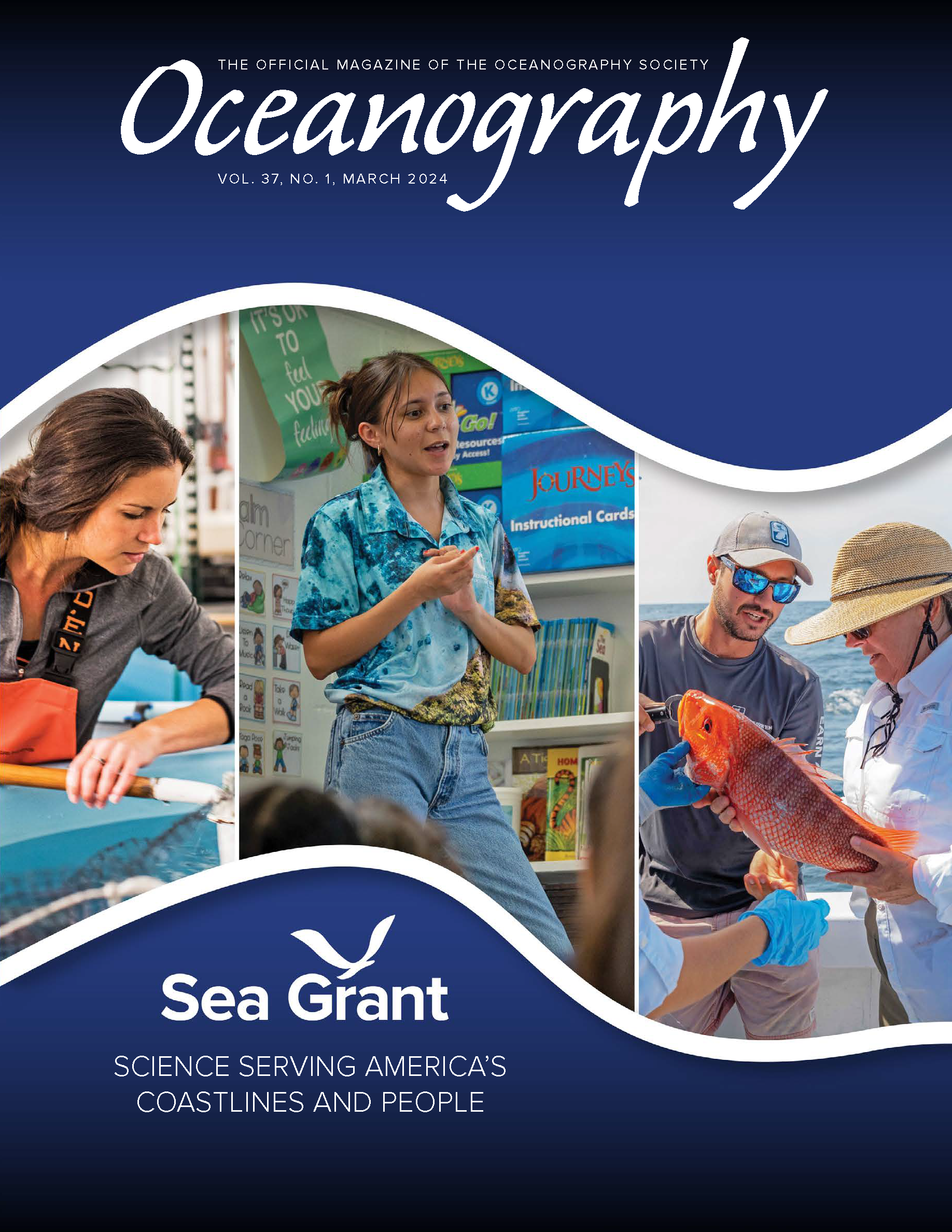By Robin Garcia, National Sea Grant Office
Sea Grant programs have extension agents throughout the coastal states, Great Lakes states, Puerto Rico, and Guam; broadening the reach of Sea Grant far beyond program home institutions. Yet, did you know that Sea Grant also has extension agents in many of the NOAA Office of Oceanic and Atmospheric Research (OAR) laboratories across the country? And did you know that one of those agents is in Michigan?
The NOAA Great Lakes Environmental Research Laboratory (GLERL), located in Ann Arbor, MI, conducts research with multiple partners on the various environments and ecosystems in the Great Lakes region to support healthy and sustainable ecosystems and coastal communities. Research topics include harmful algal blooms and hypoxia, ice cover, water levels, and surface currents.
Rochelle Sturtevant has been the Great Lakes Regional Sea Grant Extension Specialist at GLERL for the past sixteen years. In that time she has served many roles, such as supporting regional-scale coordination, assisting with the inclusion of broader impact goals in GLERL proposals, facilitating the review of Sea Grant publications by GLERL researchers, and supporting the review of GLERL publications by Sea Grant experts.
One of Sturtevant’s largest projects has been the Great Lakes Aquatic Nonindigenous Species Information System (GLANSIS), where she leads the management of the database. GLANSIS was developed in response to a long history of aquatic invasive species introduction in the Great Lakes and serves as a regional node of the US Geological Survey’s Nonindigenous Aquatic Species database.
The GLANSIS database includes information about species on three lists:
- a list of non-native species to the Great Lakes basin
- a list of species that have spread beyond their native portion of the basin
- a watchlist of species not currently in the Great Lakes but likely to invade via current pathways
Sturtevant is also working on other projects at GLERL including a forum on marine debris at organized by Pennsylvania Sea Grant, a Sea Grant sponsored regional group working on crude oil transport in the Great Lakes, Sea Grant forums on coastal storms and communicating climate change, and assisting with GLERL’s strategic planning process and review.
Looking forward, Sturtevant will begin working with the Great Lakes Water Levels Monitoring Network. The network is a partnership between the US and Canada. NOAA’s Center for Operational Oceanographic Products and Services (CO-OPS) and the Canada Department of Fisheries and Oceans’ Canadian Hydrographic Service operate monitoring stations on their respective shorelines. Sturtevant’s role will include coordinating Sea Grant involvement in outreach relating to the new datum.
To learn more about Rochelle Sturtevant, see her Michigan Sea Grant profile and GLERL page.


